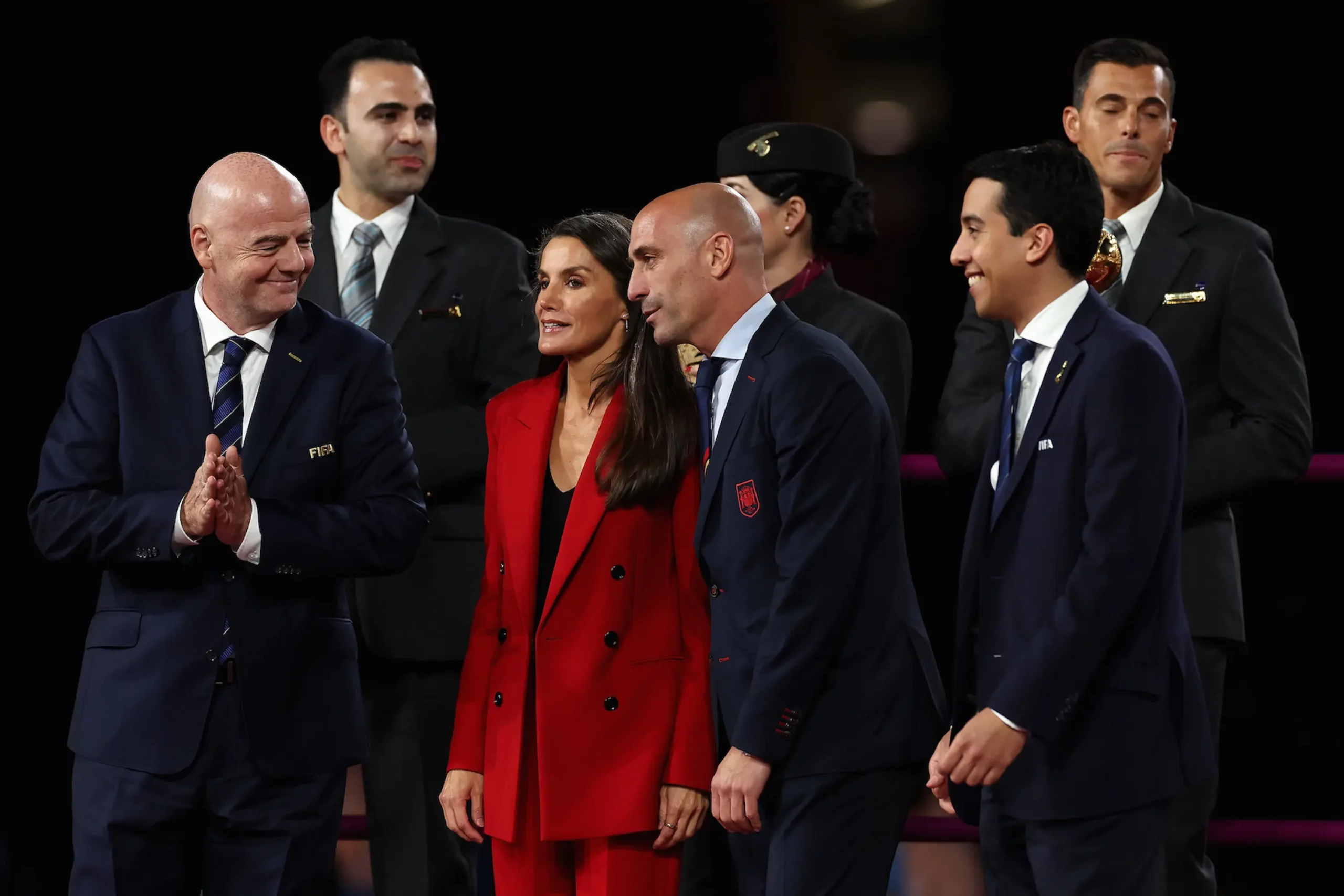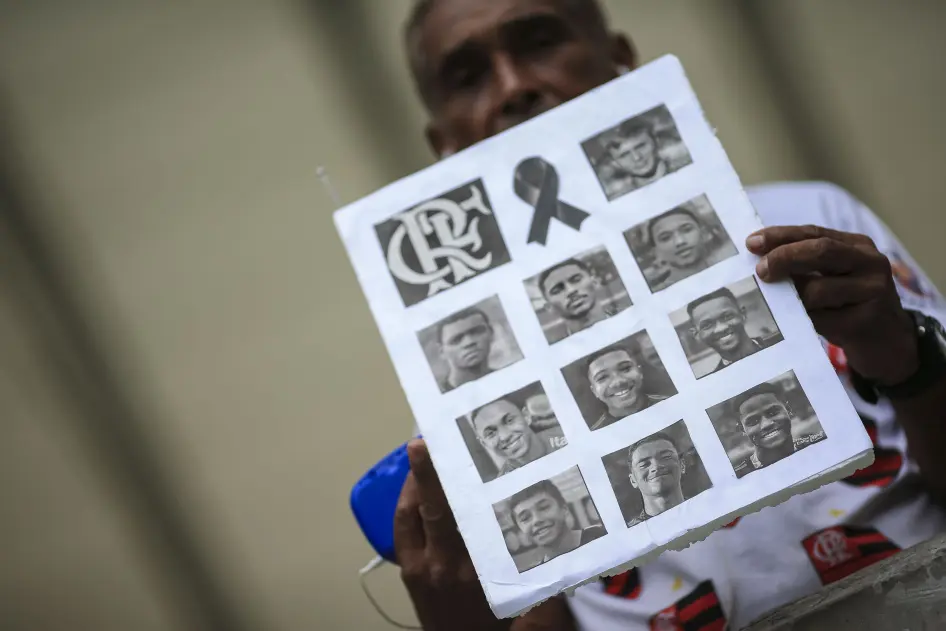All Players Deserve Harassment-Free Work Environment
When Spanish Football Federation President Luis Rubiales refused to step down after kissing Spanish football player and 2023 World Cup champion Jenni Hermoso without her consent, he instead justified his actions. In a speech to the general assembly of the Spanish Football Federation, Rubiales centered himself as the victim, blamed “false feminism” for committing a “social assassination” against him, and shouted five times: “I will not resign!”
Rubiales’ obliviousness to sexual abuse and workplace harassment should finally force FIFA, football’s governing body, to do what it has long failed to do: address the culture of sexual violence and gender discrimination in women’s football.
Shockingly, there are sexual abuse complaints against at least twenty of FIFA’s 211 national federations.
Beyond Rubiales’ personal responsibility for his actions, FIFA, and all football associations have an institutional responsibility to stop violence and harassment of women players. It took FIFA almost a week to suspend Rubiales for 90 days. In the meantime, the Spanish Football Federation pressured Hermoso to back Rubiales, and when she denied the kiss was consensual, the federation threatened her with legal actions.
It is not uncommon for institutions to only blame the person committing the offense, who, when “caught,” is forced by public pressure to resign – a personal reputation management move. But then larger structural issues allowing for abuse remain and institutions keep working as usual, with no good mechanisms in place, and no systemic harms prevention and reparation approaches.
Women football players around the world have had enough and are furiously pushing for change. All players deserve the right to play football without concerns for safety in the workplace. They have the right to compete with the same economic conditions enjoyed by male football players. They have the right to have more female coaches and federation leaders. They have the right to play football without having to make a statement about their rights after every game.
The Rubiales case should focus the football leadership in Spain, Europe, and internationally on the need for long-overdue reforms to protect and respect women players. Implementation of such reforms should be a key consideration for FIFA when deciding the location of key events including the Women’s and Men’s World Cups. Above all, it should hasten FIFA’s reforms to protect women, including by setting up an independent Safe Sport Entity, to report and investigate abuse, protect survivors, and get abusers at all levels out of sport.







